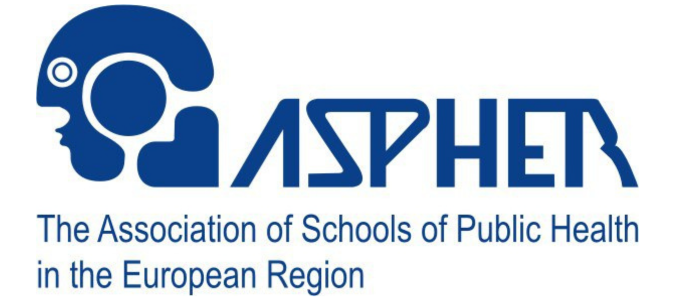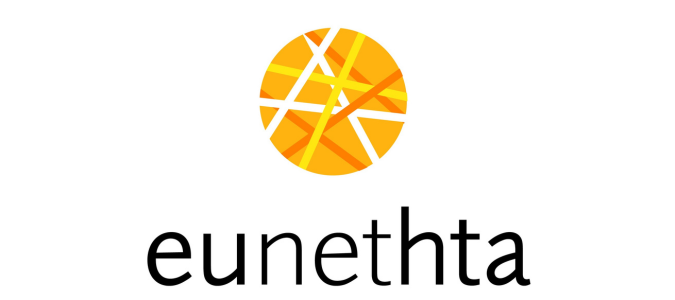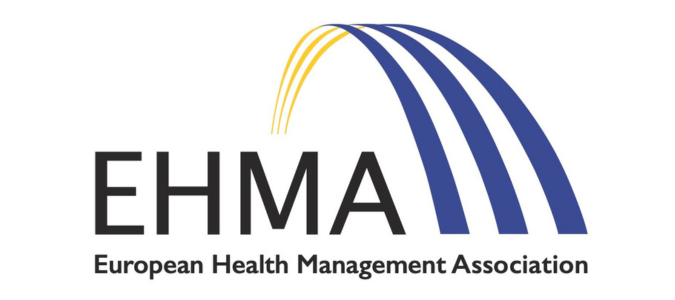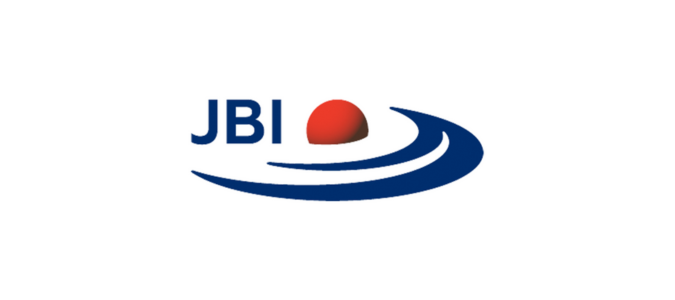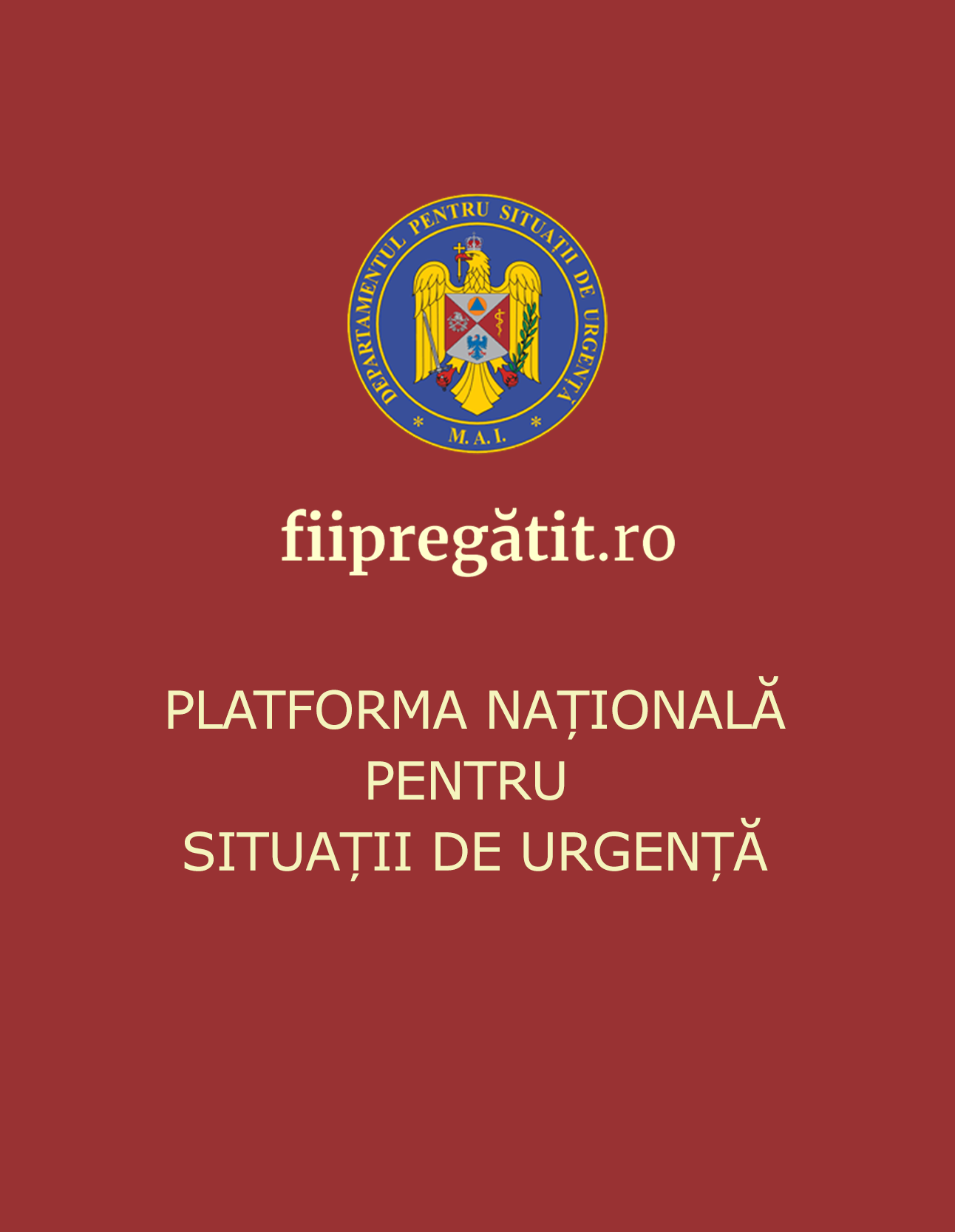Certificate in Health Economics and Financial Management (ATES)
Target group
Medical specialist interested in training (gaining skills) in health economics and financial management.
General objectives
1. Understand the concepts of health, health care needs, public health, health services, programs, policies, strategies and health systems, as well as the contextualized population approach to them, needed by all health decision makers.
2. Perception of the specifics and dynamics of the health services market, its specific phenomena and effects, as opposed to other goods and services, in the current context.
3. Knowledge of basic legislative information on the organisation, functioning and financing of health services and programmes in Romania.
4. Awareness of the European framework and methodology for health technology assessment, the role of HTA in health system decision-making.
5. Knowledge of methods, tools offered by health economics for objective evaluation of health services and programmes, in terms of their costs and effects/consequences, for informed decision-making.
Specific objectives
At the end of the programme the learner will have to:
1. Understand the role of health economics and financial management in developing evidence-based health policies, strategies and decisions;
2. Identify the main types, components, characteristics and performance of health systems;
3. Understand the concept of health and the main determinants of health;
4. Understand the relationships between health needs, health service needs and health service demand;
5. Know the particularities, elements, actors, functioning and phenomena of the health services market (information asymmetry, moral hazard, adverse selection, induced demand, heterogeneity, externalities, etc.) as well as established interventions;
6. Know the issues of financing, contracting and reimbursement of health services in Romania;
7. Describe the sources of funding and financial flows of the health system in Romania;
8. Understand the role of financial management data, tools and documents;
9. Become familiar with health economic evaluation tools and methods;
10.To know notions and techniques of marketing and communication in the health field.
Skills
At the end of the programme, the learner should have the following practical skills in addition to the standard professional competence as a medical specialist:
1. Identify and critically analyse economic and financial issues at the level of the health service system and its main organisations/institutions;
2. Formulate SMART economic and financial objectives;
3. Identify the advantages and disadvantages of different methods of paying health care providers, with incentives for particular behaviours/outcomes sought;
4. Identify, evaluate and use relevant scientific evidence in deciding on preventive, curative and rehabilitative health interventions for population groups or patients;
5. Identify and interpret information needed to document and make appropriate health economic and financial decisions at the program, institution, network, health system level;
6. Choose and apply the appropriate economic evaluation method for deciding on a specific public health intervention;
7. Be able to track, measure and improve the efficiency of resource use in a health programme, project, organisation, institution.

